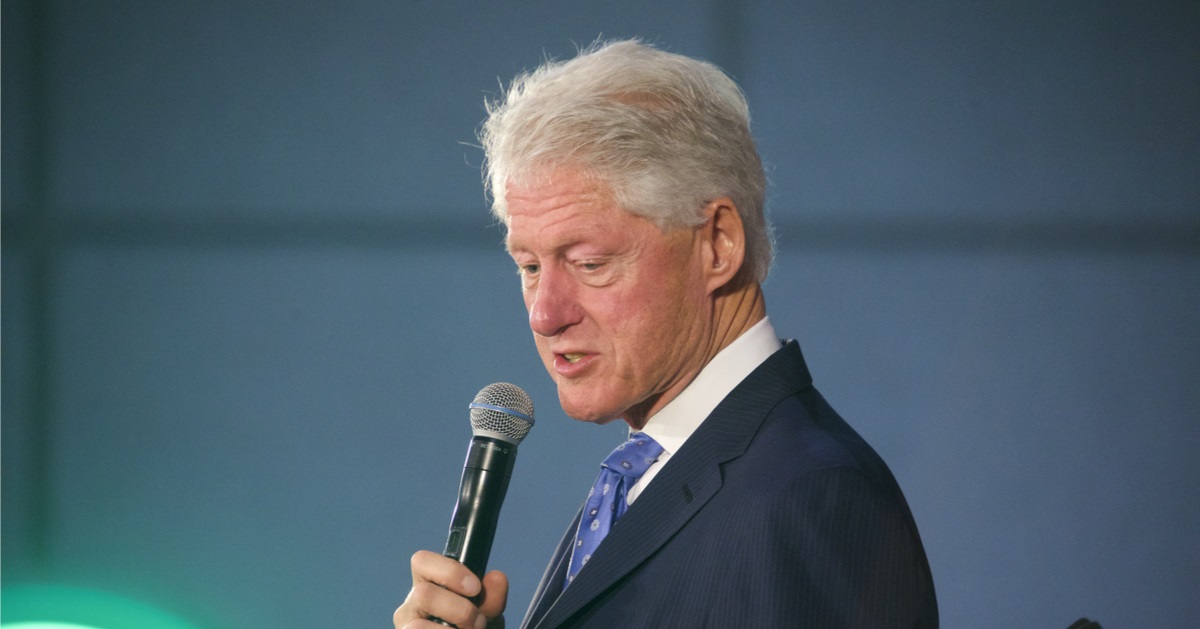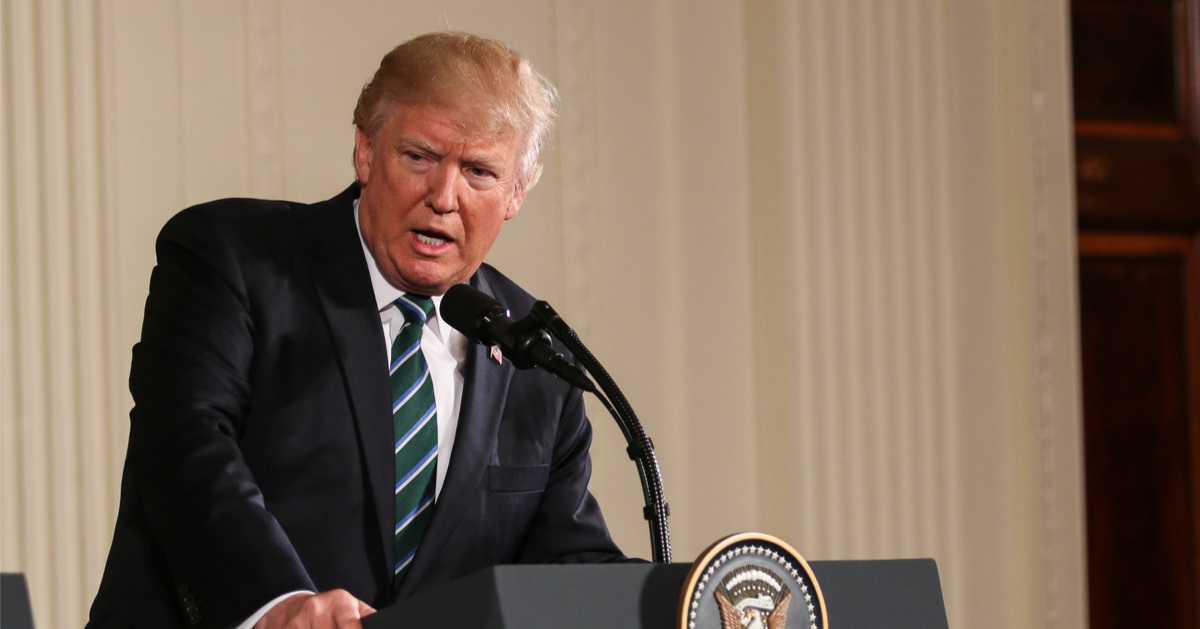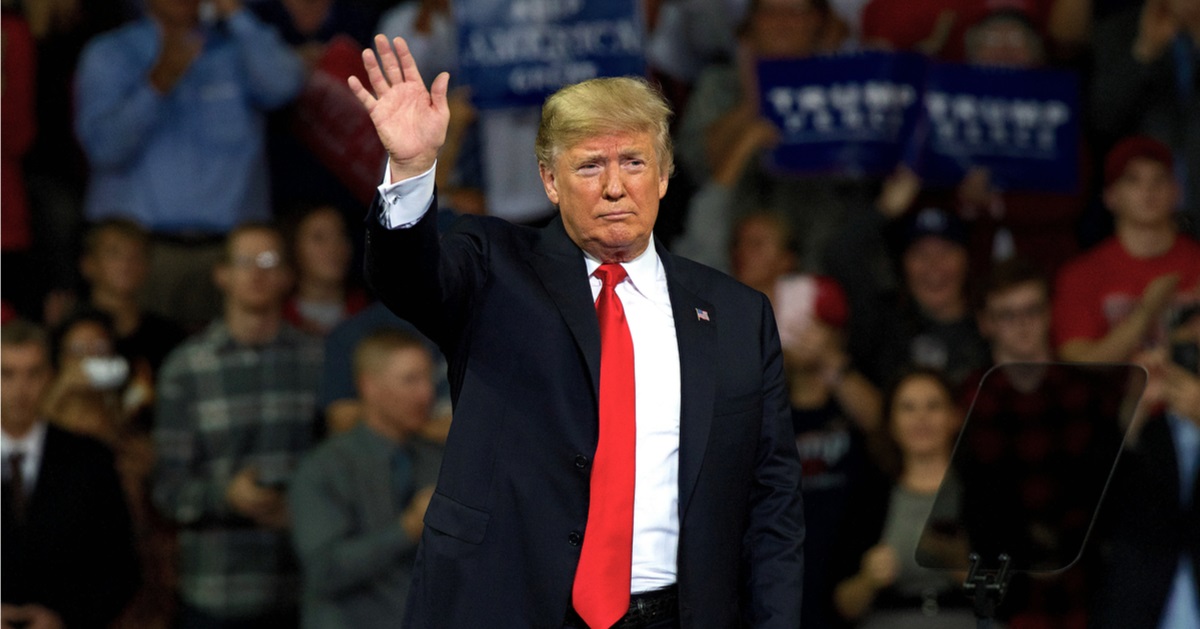Wisconsin Supreme Court hears challenge to governor’s ‘400-year veto’
In what is being seen as an unprecedented move on the part of the governor, the Wisconsin Supreme Court heard arguments in a case that raises questions about the boundaries of constitutional power and challenges the partial veto of Governor Tony Evers, who prolonged school revenue increases for 400 years.
Two Wisconsin taxpayers, David T. DeValk, a Fox Valley substitute teacher, and the state's biggest corporate lobby group, Wisconsin Manufacturers and Commerce (WMC), have challenged the partial veto in a lawsuit, as The Washington Examiner reported.
Evers' partial veto over the 2023–25 budget is at the heart of the argument. When lawmakers handed the budget to Evers, they boosted the revenue caps for schools by $325 for the 2023–24 and 2024–25 school years.
In an effort to ensure that schools receive consistent and predictable financial increases, Evers extended the annual increments through 2425 by striking two numbers and a dash from the years.
From the Attorneys
An attorney for WMC, Scott Rosenow, contended that the Court should invalidate Evers' veto.
“This 400-year veto approaches the absurd and this partial veto power is corrosive to democracy,” Rosenow said, referencing the brief submitted to the court by Richard Briffault, a Columbia Law School legal scholar.
In the brief, Briffault contended that Wisconsin would stand out among states with partial veto powers if it allowed veto "creativity" instead of abiding by the Constitution's text, history, structure, and essential democratic ideals.
According to Rosenow, the veto went beyond the state's constitutionally granted partial veto power and effectively coined a new word.
More Arguments
“The governor here did not merely delete text. He selectively struck words, digits and a dash to create a new word, so what he did was not like a digit veto that reduces an appropriation by striking a single digit, he created a new word and a new 400-year duration that wasn’t there,” Rosenow said.
Wisconsin has had one of the broadest partial veto powers in the country, though it has been curtailed over the years by constitutional amendments and rulings by the state Supreme Court.
The ‘Vanna White’ veto, which was used by former Gov. Tommy Thompson to strike individual letters to create new words, was eliminated in 1990 by a constitutional amendment.
The Legislative Reference Bureau defines this type of veto as striking “phrases, digits, letters, and word fragments so as to create new words, sentences, and dollar amounts.”
Some Concern
A few justices expressed skepticism regarding Rosenow's argument, asserting that the amendments proposed by lawmakers and approved by voters did not specify digits.
“Equally absurd to me is your argument that a letter is a number or vice versa, that a number is a letter…. A fourth grader or dare I say a four-year-old knows the difference between letters and numbers,” Justice Ann Walsh Bradley said.
“My response is almost visceral that I don’t care how many fancy words or legal theories you put behind it to make it sound like its erudite four is not a letter of the alphabet.”





